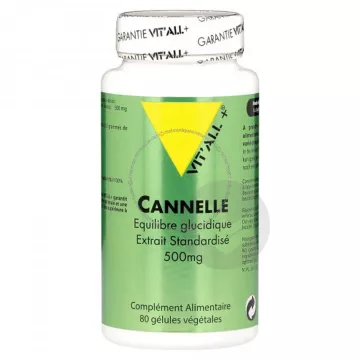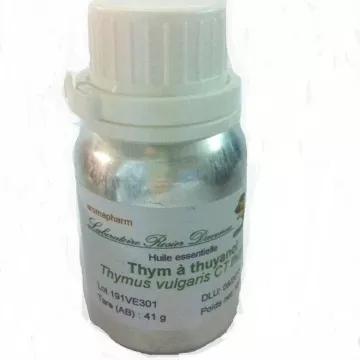

Anti-bacterial products play a crucial role in our daily lives, protecting us against bacterial infections. Their judicious use, in line with recommendations, is essential to maximize their effectiveness while minimizing risks to health and the environment. By choosing the right products and following best practices, we can all contribute to a healthier world.
What is an anti-bacterial product?
An anti-bacterial product is designed to inhibit the growth or destroy bacteria on surfaces or in living tissue. These products are crucial in fighting infection and preventing the spread of disease. They come in a variety of forms, such as soaps, disinfectants, hydroalcoholic gels, and even coatings for various surfaces.
How do anti-bacterial products work?
Anti-bacterial products work through several mechanisms. Some disrupt the bacterial cell wall, leading to its destruction. Others inhibit processes vital to the bacteria, such as protein synthesis or DNA, thus preventing reproduction and propagation. This targeted action ensures maximum effectiveness against bacteria while minimizing effects on human cells.
Why is it important to use anti-bacterial products?
The use of anti-bacterial products is essential to maintaining a healthy environment, especially in public places, hospitals and the home. They help prevent bacterial infections, which can be not only harmful but also deadly. By eliminating and controlling the presence of harmful bacteria, these products contribute to public and individual health.
What are the best practices for using anti-bacterial products?
For optimum effectiveness, it's crucial to follow the manufacturer's instructions on application and duration of exposure. Regular and appropriate use is recommended, especially after contact with potentially contaminated surfaces. It's also important to choose anti-bacterial products that are suitable for the intended use, whether for hands, surfaces or textiles.
What impact do anti-bacterial products have on the environment?
Although anti-bacterial products are essential for health, their impact on the environment must be considered. Certain components can be harmful to aquatic ecosystems and contribute to antibiotic resistance. It is therefore important to choose environmentally-friendly products and to follow recycling and disposal recommendations.
How to choose the right anti-bacterial product for your needs?
The choice of an anti-bacterial product should be guided by its intended use. For the skin, opt for gentle formulas, such as hydroalcoholic gels enriched with moisturizing agents, to avoid skin dryness. For surfaces, opt for disinfectant sprays or wipes adapted to the type of material to be cleaned, to avoid damaging the surface while effectively eliminating bacteria. Always check the label for specific indications and certifications proving effectiveness against bacteria.
What's the difference between an anti-bacterial product and an antibiotic?
Anti-bacterial products are mainly used to clean and disinfect surfaces or skin, preventing the growth of bacteria in these environments. Antibiotics, on the other hand, are drugs designed to treat bacterial infections inside the body. They specifically target pathogenic bacteria, interfering with their vital functions to eliminate them or inhibit their growth.
Can anti-bacterial products be used on sensitive skin?
Yes, but it's important to choose products specifically formulated for sensitive skin. Look for anti-bacterial products that are alcohol-free or with lower alcohol concentrations, and enriched with soothing ingredients such as aloe vera or glycerine. It's also a good idea to test a small area of skin before applying a larger amount, to ensure there's no allergic reaction or irritation.
Are anti-bacterial products effective against all types of bacteria?
Most anti-bacterial products are formulated to be effective against a wide range of bacteria, but their effectiveness can vary depending on the bacterial strain and the concentration of the product. Some products are specially designed to target specific bacteria, such as those resistant to antibiotics. It's crucial to check the information provided by the manufacturer regarding the product's spectrum of action.
How do antibacterial products help combat antibiotic resistance?
Appropriate use of anti-bacterial products can indeed help reduce the spread of bacterial infections, thereby reducing the need for antibiotics and, consequently, the pressure that favors the emergence of resistant strains. However, it is crucial to use these products responsibly and as a complement to good hygiene practices, rather than as a substitute for infection control measures, to avoid contributing to the problem of antibiotic resistance.